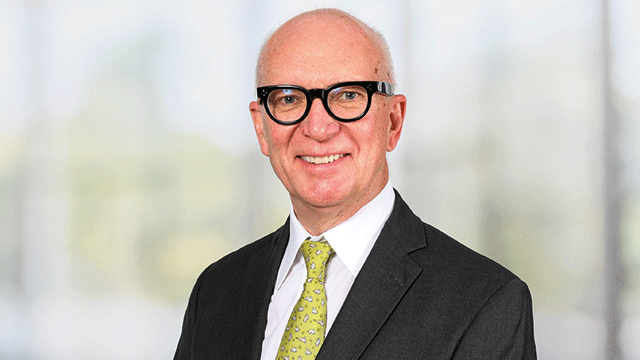Knotel raises $400m as WeWork ramps up lettings ahead of IPO
Knotel has raised $400m at a valuation that could give the start-up unicorn status.
A fundraising round that closed this week attracted investors including Wafra, the investment arm of the sovereign wealth fund of Kuwait, Japan’s Mori Trust, Itochu and Mercuria.
Returning Knotel investors include Norwest Venture Partners, Newmark Knight Frank, Bloomberg Beta and Rocket Internet.
Knotel has raised $400m at a valuation that could give the start-up unicorn status.
A fundraising round that closed this week attracted investors including Wafra, the investment arm of the sovereign wealth fund of Kuwait, Japan’s Mori Trust, Itochu and Mercuria.
Returning Knotel investors include Norwest Venture Partners, Newmark Knight Frank, Bloomberg Beta and Rocket Internet.
The fundraising was reportedly in exchange for 15% to 30% of the company, suggesting a valuation of at least $1.3bn.
Amol Sarva, co-founder and chief executive of Knotel (pictured), said: “Wafra will help us continue our rapid global expansion and solidify our position as the leader in a fast-growing, trillion-dollar flexible office market.”
With plenty of investment, the business has made no secret of its desire to lease more buildings than WeWork in major cities. So far, Knotel has done this in New York (100 buildings against WeWork’s 60). In terms of floorspace, Knotel still has some work to do to catch up with WeWork. It occupies some 2.2m sq ft, versus WeWork’s 5.4m sq ft.
In the UK, WeWork is currently under offer on a dozen new offices, totalling 330,000 sq ft, 11 of which are in London. The 12th will be WeWork’s second base in Glasgow, which is due to open at 6 Atlantic Quay. It is set to lease the entire 80,000 sq ft of space at Commerzbank’s building.
The London deals include 43 Brook Green in Hammersmith (80,000 sq ft) and 5 Churchill Place in Canary Wharf (42,000 sq ft).
Unlike WeWork, Knotel only counts enterprise companies, including Starbucks, Microsoft, Oracle and BP, as clients. Founded in 2016, Knotel’s leases have a weighted average term of more than two years.
In an interview with EG in May, Sarva said the company’s bespoke approach was still cost-effective. “I think the confusing thing for most people is how you manage to fit out space on a short lease to one client, before having to overhaul it to suit another client,” he said.
“We think of that problem statement as an opportunity. If people want something that is hard, and you can find a way to do things that are hard, then maybe you win. So yes, we do that. We help companies get the place they want, including set-up, fit and design in the way they want.”
To send feedback, e-mail anna.ward@egi.co.uk or tweet @annaroxelana or @estatesgazette











